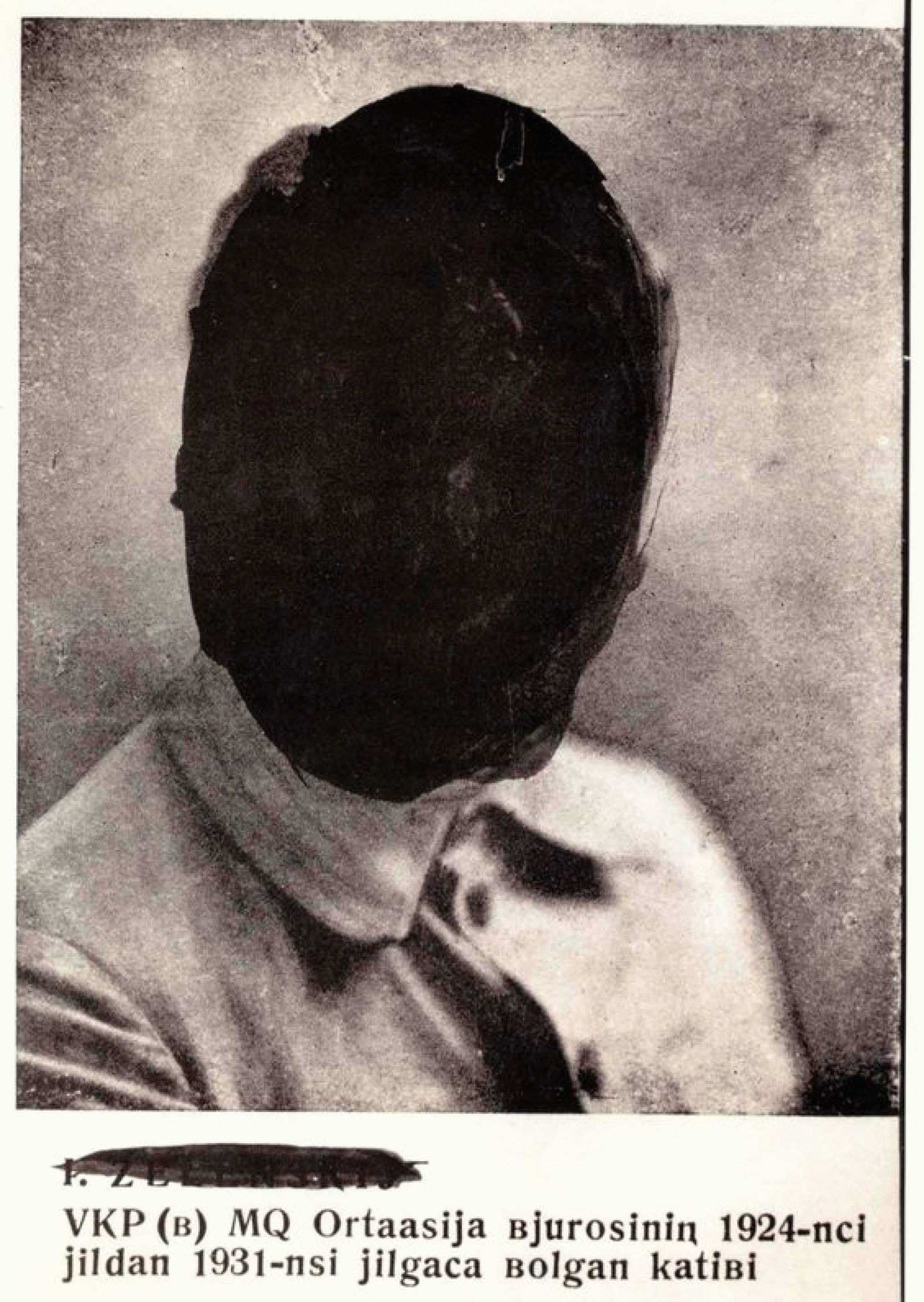Ricerca
Facticity and Judgment. Pictura and Persona
Carolin Behrmann
Images help to identify and represent individuals and to lend them presence. They play a crucial role in the construction of individual identities and are also described as social tools through which group identities are constituted. In the same way, however, images can be directed against individ-uals and identities and negatively affect their social status. Persons are reduced to objects, which can even lead to the loss of one's legal capacity. The project focuses on the correlation of the image and status of a legal person from an image-theoretical and legal perspective. Starting out from the term persona, which is linked to prosopon, the Greek word for mask, role, character, we examine visual mechanisms that are capable of ennobling individuals or, alternatively, of degrading them. Such visual invectives, disparagements of legal persons through images raise new questions especially in the tension between freedom (artistic freedom/freedom of expression) and personality and privacy rights in the digital-media-dominated public domain.
Denunciations, it seems, are invariably informed by prejudices. As tacit assumptions underlying judgment, prejudices can determine beforehand how a crime or offense, a criminal act or, indeed, a criminal profile is reconstructed, or how the seriousness of the crime/offense is perceived and in what way exactly it is investigated. Legal judgments are shaped in much the same way by images and formal aspects as by language.
- mask / face
- shaming images / pittura infamante
- legal person / "negative personhood"
- recognition / legal capacity
- res/persona - objectification / objectity
- shaming / cyberbullying
- invectivity
- personal rights, artistic freedom
- abstraction, recognizability (of a person)
- distortion, caricature, image defilement, "degree of infringement"



